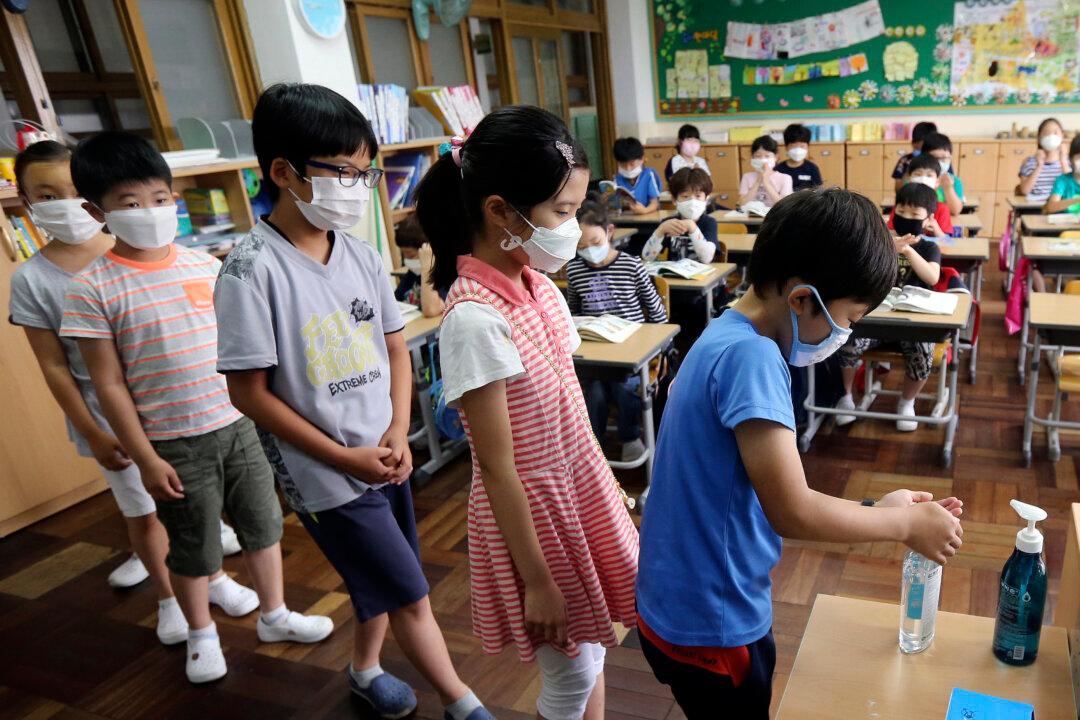The South Korean government has proposed lowering the entry age for elementary school to 5 years old in an effort to tackle workforce shortages, but the move has raised concerns among teachers and civic groups.
Education Minister Park Soon-ae said on Friday that her ministry aims to lower the school entry age by one year, with implementation beginning as early as 2025 upon social consensus, Yonhap News Agency reported.





